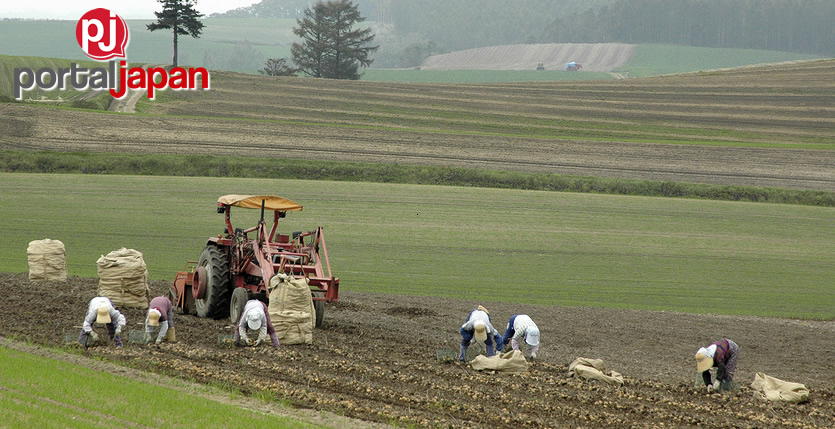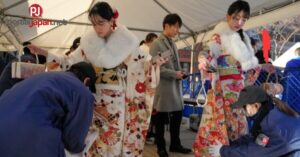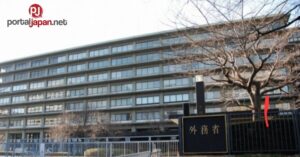The Japanese government decided Tuesday to consider allowing skilled foreign workers to work in the agricultural sector in certain special economic zones, while compiling plans to allow certain foreign nursing care workers to provide in-home care services as soon as next year.
The moves target two industries suffering severe labor shortages in the face of Japan’s rapidly graying population, and signal a shift in the country’s immigration policy, which has welcomed only highly skilled migrants except through a few limited programs.
Prime Minister Shinzo Abe told a meeting of an advisory council on national strategic special zones that the intake of farm workers is important for the economic revitalization of Japan’s regions.
“We will speed up the debate (on the issue) with a view to submitting bills in the next Diet session on measures that require legislative amendment,” Abe said, referring to the ordinary session set to convene in January.
According to the Ministry of Agriculture, Forestry and Fisheries, 1.92 million people were working in the agricultural sector nationwide in February, down 8.3% from the previous year and about 40% of the 1990’s level.
Meanwhile, plans compiled by welfare ministry panel Tuesday are aimed to allow foreign nursing care workers cleared for work in Japan through economic partnership agreements to provide in-home care services as soon as the next fiscal year beginning in April.
The workers, who have come to Japan through the EPAs with Indonesia, the Philippines and Vietnam, and have gained Japanese nursing qualifications by passing the Japanese national exams, are currently allowed to work only in special care homes for the elderly and similar facilities.
The ministry’s new guidelines aimed at expanding the scope of their work to in-home care include training on Japanese culture and the lifestyles of elderly Japanese people and the provision of a manual for dealing with medical emergencies.
Source: Japan Today Image: Bank Image

















Join the Conversation